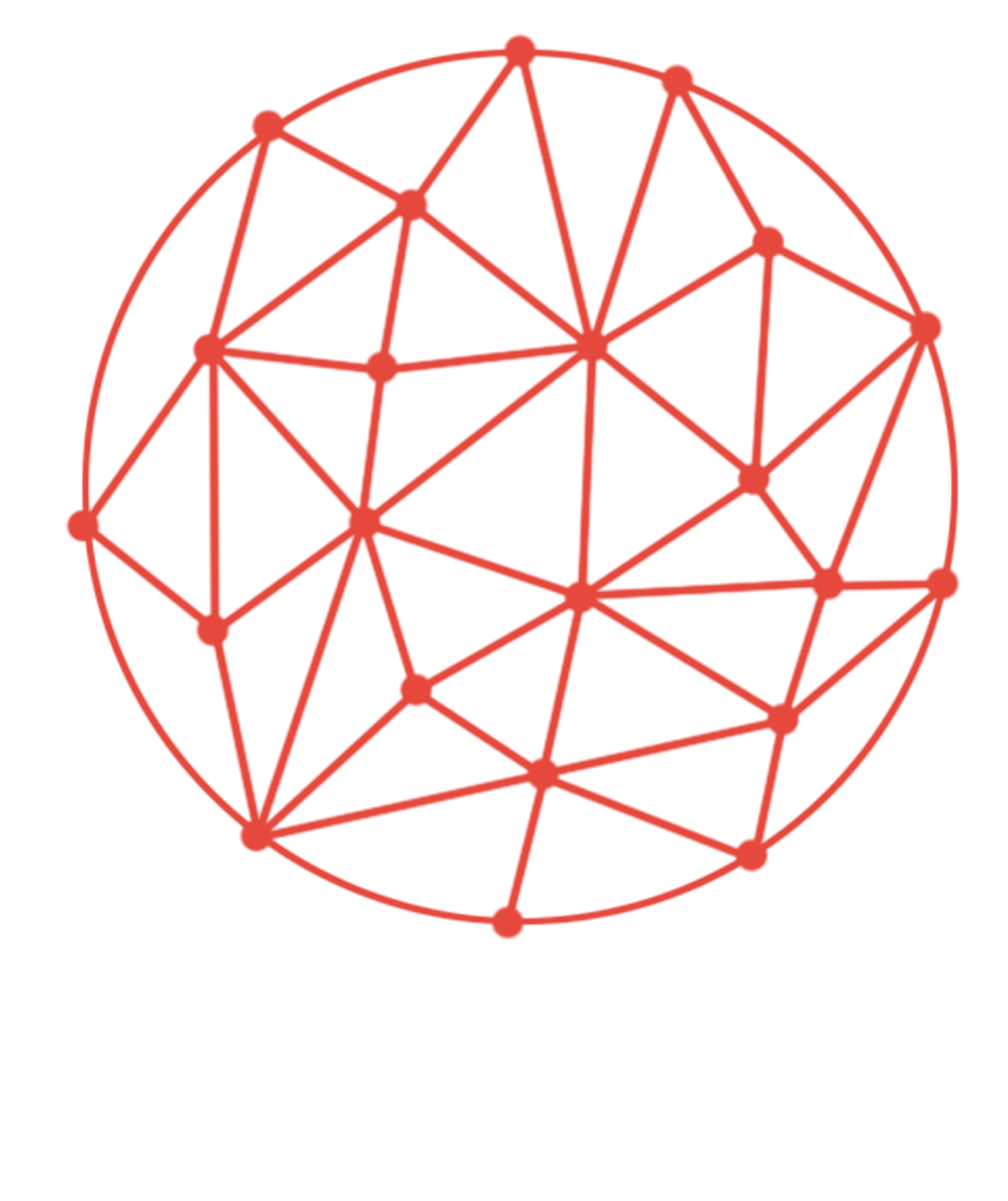Call for PhD Symposium
The WebSci’21 PhD Symposium aims to provide PhD students at different stages of their candidature with an international platform to showcase their research goals and to receive feedback on their ongoing research. Students can use this opportunity within a dedicated session at WebSci’21 to receive guidance on various aspects of their work from leading international researchers including Professor Dame Wendy Hall (Southampton), Katharina Kinder-Kurlanda (Klagenfurt), Noshir Contractor (Northwestern), Jim Hendler (RPI), Jie Tang (Tsinghua), Matt Weber (Rutgers), Katrin Weller (GESIS), Clare Hooper (Independent) and Pauline Leonard (Southampton), as well as other PhD students working on topics related to Web Science.
The WebSci’21 PhD Symposium will take place on the first day of the conference, on Monday June 21, 2021. We aim for a lively and engaged discussion maximising early-stage ideas exchange and interdisciplinary discussion on emerging or novel ideas/research.
Important Dates
May 3, 2021 Submission deadline
May 10, 2021 Notification
May 17, 2021 Camera Ready Copy
All submission deadlines are midnight in the Anywhere on Earth (AoE) time zone.
To be able to attend the Symposium you will need to provide a 1-2-page PhD research description that will be reviewed by the PhD Symposium chairs. Accepted submissions will be presented in short, pre-recorded videos and discussed in open (Zoom) sessions. There will be prizes for the best presentations, which will be announced at the conference Awards Ceremony.
The Web Science Conference welcomes participation from all disciplines including, but not limited to, art, computer and information sciences, communication, economics, humanities, informatics, law, linguistics, philosophy, political science, psychology, and sociology, in pursuit of an understanding of the Web. This conference is unique in bringing these disciplines together in creative and critical dialogue. We particularly welcome contributions that seek to cross traditional disciplinary boundaries.
Methodologically, Web Science is a discipline that is agnostic to specific methods. We welcome quantitative, qualitative and mixed methods research, including methods from the social sciences and computer science. In addition, we welcome work that explores the ethics of Web-based data collection and research. This year’s conference themes particularly welcome contributions that
- Have a broader perspective on the Web
- Combine analyses of Web data and other types of data (e.g., from surveys or interviews) to better understand user behaviour (i.e. online and offline)
- Examine trends in globalisation, fragmentation, rejoining, and Balkanisation of the Web
- Examine automation and AI in all its manifestations relevant to the Web
- Interrogate questions of discrimination, representation, and fairness
- Bring lenses such as intersectionality or design justice to questions of marginalisation and inequality
- Consider the impact of COVID on technology adoption, risk perception and risk taking, rates of change, change management, digital health, and privacy
More broadly, possible topics for submissions include (but are not limited to) the following:
- Ethical challenges of technologies, data, algorithms, platforms, and people in the Web
- Modelling Web-related structures, data, users and behaviours
- Impact of AI and machine learning on the development of Web Science
- Detecting, preventing and predicting anomalies in Web data (e.g., fake content, spam, algorithmic and data biases)
- Data curation, Web archives and stewardship in Web Science
- Safeguarding and governance of the Web, including anonymity, security and trust
- Temporal and spatial dimensions of the Web as a repository of information
- The architecture and philosophy of the Web
- Social machines, crowd computing and collective intelligence
- Analysis and modelling of human vs. automatic behaviour (e.g. bots) and their influence on the structure of the Web and responding behaviour
- Health and well-being online
- Humanities, arts, and culture on the Web
- Critical analyses of the Web and Web technologies
- Web economics, social entrepreneurship, and innovation
- Analysis of online social and information networks
- Legal issues including rights and accountability for AI actors
- Inclusion, literacy and the digital divide
- Health, politics, and education on the Web
Submissions
Submissions should be up to 2 pages, ACM double column format. Accepted submissions will be made available in a separate open access WebSci’21 Companion Proceedings volume that will accompany the main conference Proceedings. You can submit your contribution through EasyChair at the following URL:
Fair Access Fund
The WebSci’21 organizing committee wants to help ensure broad participation in the conference and has set up a WebSci’21 Fair Access Fund sponsored by SIGWEB. The Fair Access Fund has up to twenty free registrations available to this year’s PhD Symposium for participants from the Global South. The free registration also covers attendance at the rest of the conference.
To apply for the Fair Access Fund:
Submit the following by email to websci21phd@easychair.org
- A short statement (1-2 paragraphs) explaining your interest in participating in the WebSci’21 PhD Symposium.
- Evidence of your connection to a university or research laboratory. This evidence can be a link to one or more institutional web pages, or it can be a brief letter or email from a supervisor or advising professor.
Applications should be sent no later than the submission deadline, May 3, 2021.
PhD Symposium Chairs
- Les Carr
- Jisun An
- Fariba Karimi
- Hemant Purohit
- Mark Weal
